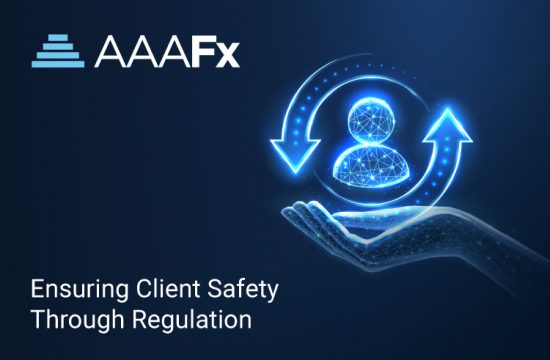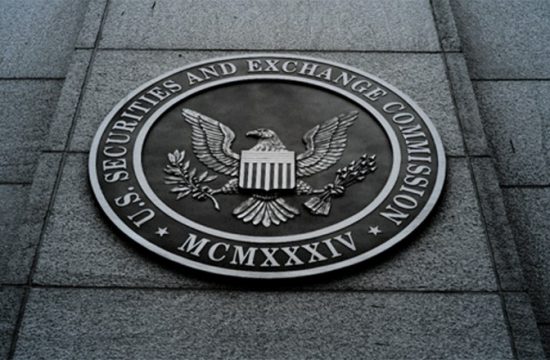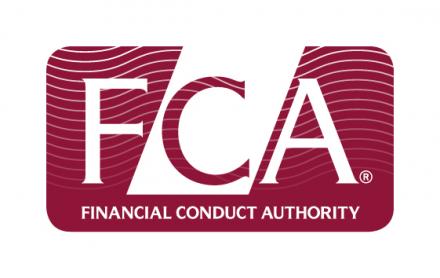FCA Chair Charles Randell is proposing to bring the promotion of crypto-assets into the scope of the watchdog’s existing oversight to combat a flood of “problematic content.”
Citing concern over investor protection, Britain’s Financial Conduct Authority said that even companies that sell regulated investments with an underlying cryptocurrency element might need FCA authorization to do so depending on their activities.
If adverts by unauthorised firms are misleading, or don’t fully outline the risks, then people can end up losing money, Randell explains. That’s why the FCA wants to put more protections in place around crypto promotions, while continuing to ensure people have access to a wide range of products on the market
“There are no assets or real world cashflows underpinning the price of speculative digital tokens, even the better known ones like Bitcoin, and many cannot even boast a scarcity value,” FCA’s head said in a speech.
According to the regulator, crypto fraudsters were increasingly using social media to promote their schemes, often using fake celebrity endorsements and images of expensive cars and watches to persuade victims.
“We’ll need two streams to tackle the problem of online financial scams: appropriate regulation, including self-regulation by online platforms and robust enforcement by the authorities; and greater consumer awareness about online scams. It’s essential to find the right balance between appropriate regulation to protect consumers and markets and encouraging useful new ideas in this space,” he added.
Providing the FCA with power to regulate the promotion of certain types of cryptoassets, for the first time, would be the quickest way of doing this and stamping out misleading advertising.
The FCA said that a dearth of regulation around cryptocurrencies and revenant financial products had left investors exposed to many risks without any of the protections usually afforded to retail investors, such as access to compensation.
The current regulation requires unauthorized firms to get their promotions approved by a regulated firm before they can promote a particular financial product. This, however, failed to keep up with the expanding number of cryptocurrency products coming to market. Instead, he proposes that even regulated firms need to pass through the FCA’s gateway and obtain a specific consent before being approved to promote cryptocurrency products.
The FCA doesn’t consider cryptocurrencies themselves regulated assets, but derivatives on the back of them fall under its powers of oversight.
Just seven cryptocurrency-related companies are currently registered with Britain’s financial regulator. However, there are dozens of other crypto firms registered under the Temporary Registration Regime list.
Since January 2020, the Financial Conduct Authority has been tasked with overseeing Anti-Money Laundering compliance for the UK’s crypto sector. At the time, the FCA kicked off a registration scheme for crypto-asset firms with an initial deadline of one year.
Amid a backlog of licensing applications, the FCA has extended its temporary licensing regime until March 2022 for firms whose applications haven’t yet been approved to allow them to continue trading. However, nearly 70 crypto businesses had withdrawn earlier submitted filings for registration as the country tightens its regulation on the space.












